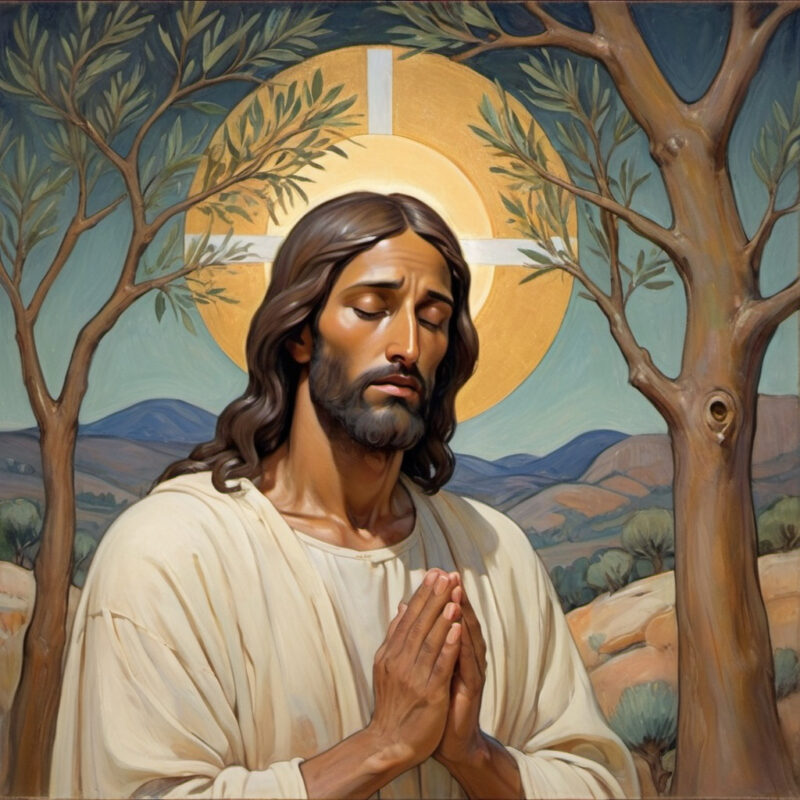The Atonement of Jesus Christ is central to our faith and also central to the message of the Book of Mormon. What exactly, however, does the Book of Mormon say about the Atonement of Jesus Christ? In a recent interview at the Latter-day Saint history blog From the Desk, Nick Frederick discussed Atonement in the Book of Mormon. What follows here is a co-post to the full interview.
One thing that comes up at the start of the interview is that we don’t have a single way of viewing the Atonement:
What is the Atonement of Jesus Christ?
That’s a complicated question and the answers that are often given usually depend upon why you think God would require one. Is it to forgive sin? Heal wounds? Satisfy justice? Restore God’s honor? Provide a model for repentance? Deter God’s children from sinning?
Again, how any given individual answers those questions will likely lead to how they define “the Atonement of Jesus Christ.”
For example, in the Book of Mormon, not everyone approaches the Atonement the same way:
It’s actually really enlightening to see how different Book of Mormon prophets and authors will attach different meanings to the concept of “atonement.” …
Lehi focuses specifically on a “sacrifice for sin” that requires the death and resurrection of the Messiah. As Lehi seems to see it, there is no atonement without a resurrection. …
It is Jacob who first gives Book of Mormon readers the familiar phrase “infinite atonement,” but as with Lehi Jacob seems to view the “infinite atonement,” that which bestows incorruption in place of corruption as being brought to pass through the process of resurrection. There is little sense of a Gethsemane experience in Lehi and Jacob’s words–they seem to be squarely focused upon the messianic resurrection. …
Abinadi places the emphasis for atonement upon “God himself.” This is one of the reasons for the lengthy quotation from Isaiah 53, to demonstrate that Jesus is both “Father” and “Son” and as such he possesses the requisite divinity to perform such a sacrifice. …
It’s from King Benjamin that a lot of the Latter-day Saint emphasis upon Gethsemane comes. It is only King Benjamin who observes that the Savior will bleed from every pore (although this is confirmed in Doctrine and Covenants 19). It is only Benjamin who seems to have in mind the Gethsemane experience when he speaks of atonement. …
The lesson of the Book of Mormon is that honing in on one experience of the Savior and saying “That’s the most important one” can be foolhardy. The truth is there are multiple factors involved, some of which we may not even be aware of. That’s why I appreciate the Book of Mormon because it broadens the scope of how we can understand and appreciate the “Atonement of Jesus Christ.”
Between these (and other) figures in the Book of Mormon, we see the core teachings about Atonement of Jesus Christ as “The physical death and physical resurrection of Jesus Christ, the requirement that a divine figure be the one to perform atonement, and the act of shedding blood as atonement.” The Atonement of Jesus Christ, however, seems to be too large of a topic to approach from only one direction to comprehend it.
For more on Atonement in the Book of Mormon, head on over to the Latter-day Saint blog From the Desk to read the full interview with Nick Frederick.

